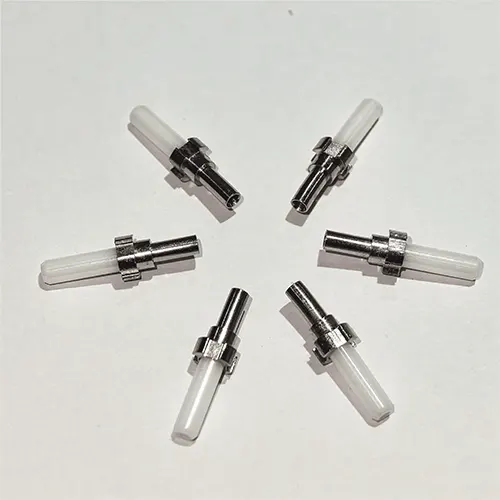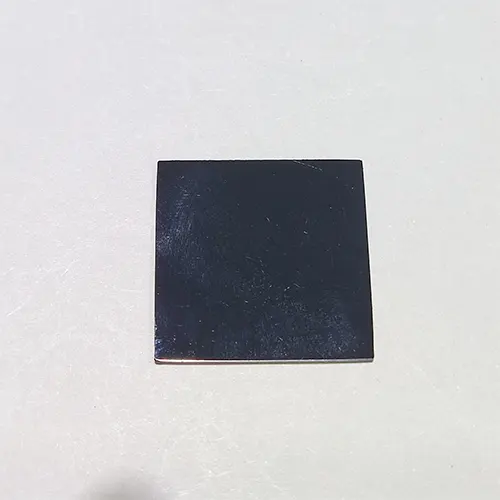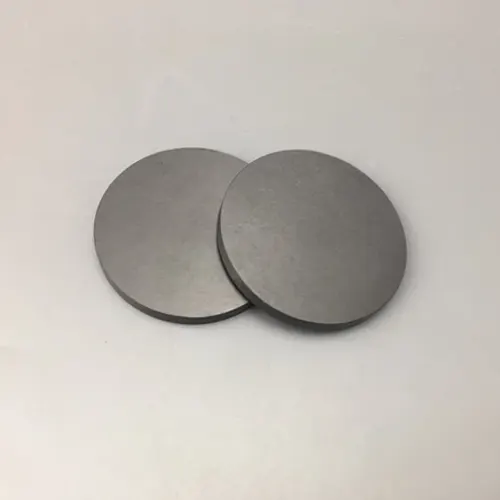Zirconia ceramics Materials

Zirconia ceramics leverage unique crystalline structures to deliver exceptional high-temperature resistance, chemical corrosion resistance, and mechanical strength, outperforming traditional materials in extreme environments. Their precision machining capabilities enable complex geometric designs for microelectronics, medical implants, and other high-precision applications. With lightweight, insulating, and non-magnetic properties, they enhance energy efficiency and operational safety. Combined with biocompatibility and wear resistance, zirconia ceramics serve as innovative, multifunctional solutions in advanced industrial and medical fields, balancing reliability, functionality, and environmental adaptability.
FAQ
Precision ceramics offer superior high-temperature resistance, corrosion resistance, wear resistance, and insulation, making them ideal for extreme conditions like high temperatures and high pressure. They also support higher precision processing, meeting complex design needs.
Precision ceramics are widely used in aerospace, automotive, electronics, medical, and industrial equipment industries, especially in applications requiring high performance and durability.
Precision ceramics are challenging to machine due to their high hardness and brittleness. Special equipment and processes, such as CNC machining, are required to ensure precision and surface quality.
When selecting a ceramic material, it is essential to consider specific working environments and performance requirements, such as high-temperature resistance, corrosion resistance, and mechanical strength. Different applications require ceramics with varying properties.
Precision ceramics generally have a long lifespan, with their longevity ranging from several years to even longer, depending on the usage environment (such as temperature, pressure, wear, etc.).





